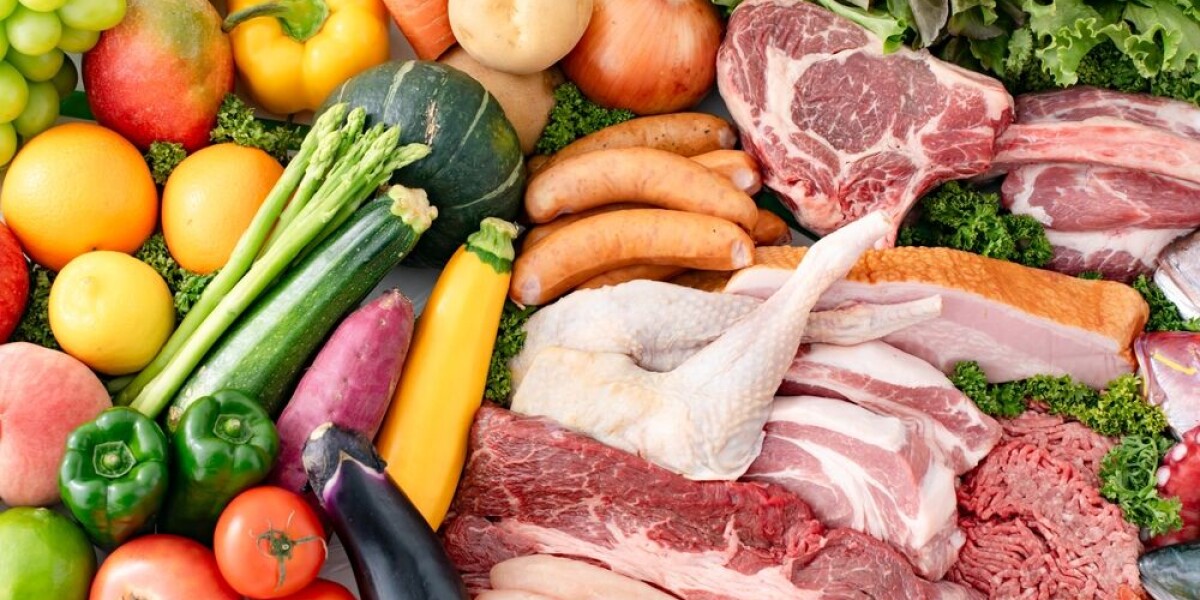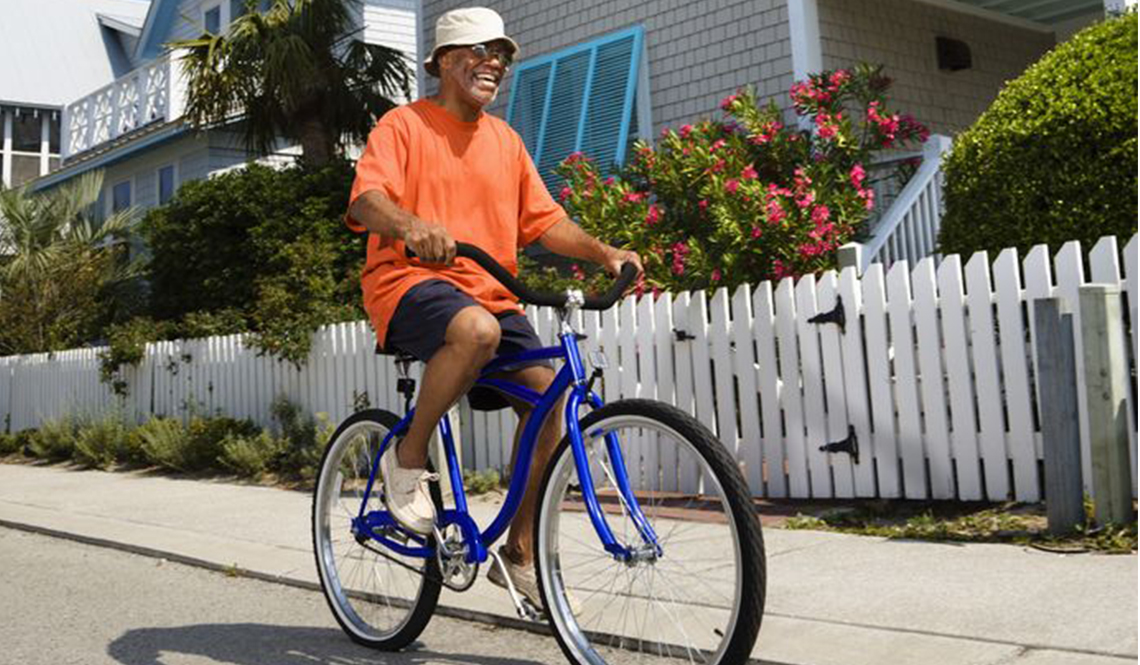
- Select a language for the TTS:
- UK English Female
- UK English Male
- US English Female
- US English Male
- Australian Female
- Australian Male
- Language selected: (auto detect) - EN
Play all audios:
A NEW POLL SHOWS THE ALTERNATIVE PROTEINS PEOPLE ARE CHOOSING, AND WHY People in France are eating less meat, with a new survey showing that 52% of people have reduced their meat consumption
in the last three years. The poll for climate change association le Réseau action climat by pollster Harris Interactive was published on Tuesday, March 18, and found that people’s change in
meat consumption habits was mainly due to cost. However, health reasons and environmental causes were also cited as reasons for eating less meat. “The expectation of eating more plant-based
and organic food is widely shared by the entire population,” said Benoît Granier, food manager at le Réseau action climat, who said that people’s meat-eating habits were changing similarly
across demographics, such as age and socio-economic class. ALTERNATIVE FORMS OF PROTEIN The majority (85%) of people said they would be open to eating more pulses, cereals or seeds to top up
their protein intake instead. Legumes (pulses etc) were praised in the poll, with respondents highlighting their high fibre and nutrient content (88%) and economic advantages over meat
(86%). These forms of protein were also seen as having particular advantages: easy to cook (86%) and to get children to eat (62%), while 86% said they liked buying them as they represented
‘French terroir’ and homegrown produce. Even those who had not reduced their meat consumption said that they would consider doing so if this meant that they were able to buy better-quality
meat overall, which would pay farmers more fairly (79% said this). Similarly, 77% said that they would eat less meat if it meant meat imports would drop, and if it would lead to more
sustainable farming practices. ‘BETTER QUALITY, BUT LESS’ One customer at a butcher in Paris, a pensioner, told FranceInfo: “I don't feel like eating meat as much, so I prefer to buy
protein that is also a little bit less expensive.” The butcher, Luigi Casteran, said that he has noticed that “customers are preferring to eat a little less meat than in previous years”. He
said that people are buying better quality meat, but less of it. “Maybe before they ate [red meat] two or three times a week, whereas now they might get a really good piece, but for the
weekend.” The poll also found that there is a political element to less meat-eating: 59% said that the state is not doing enough to encourage lower meat consumption, while 63% said the state
was not doing enough to encourage the consumption of better quality meat, even if this means eating less meat overall. Similarly, the poll found that 78% are in favour of the state
providing financial assistance for low-income households to enable them to buy healthier, less-processed, fresher and more vegetable-heavy food. This result comes after the green party les
Ecologistes (EELV), proposed a bill to that effect in February, proposing the creation of a monthly food card worth €150 to “guarantee food security for all” and enable the purchase of
healthier and locally-produced food. If passed the system would be trialled for five years. Read more: French parliament to vote on law to offer €150 a month card for healthy food The card
would be intended to benefit both consumers and farmers, “who will be better paid” under the system, said proposing EELV MP Boris Tavernier at a press conference on February 11. SUPERMARKETS
AND PACKAGING When it comes to supermarkets, 90% of respondents in the new poll said they would like brands to be forced to clearly display the origin of the meat in ready meals, and reduce
retailer profits on healthy and sustainable products such as fruit and vegetables, and organic products (89%). A similar 87% of French people said they were in favour of environmental
labelling on food product packaging, with more information on the food’s farming methods and ecological impact. More than four in five (82%) said that large supermarkets could do more to
encourage healthier meat eating and better labelling, while 83% said they would like to see major retailers committing to ending the sale of meat from intensive farming. LESS MEAT EATING The
average per capita consumption of meat in France has fallen by 5.8% in the past 20 years, show figures from Agriculture Ministry statistics agency Agreste. In 2023, people in France ate an
average of 83 kilograms of meat (including red meat and chicken), states Agreste. It also says that people in France eat meat (not including chicken) on average two to three times a week. On
the environmental side, the ecological transition agency l'Agence de la transition écologique states that food accounts for a quarter of the carbon footprint of households.






